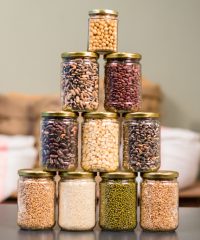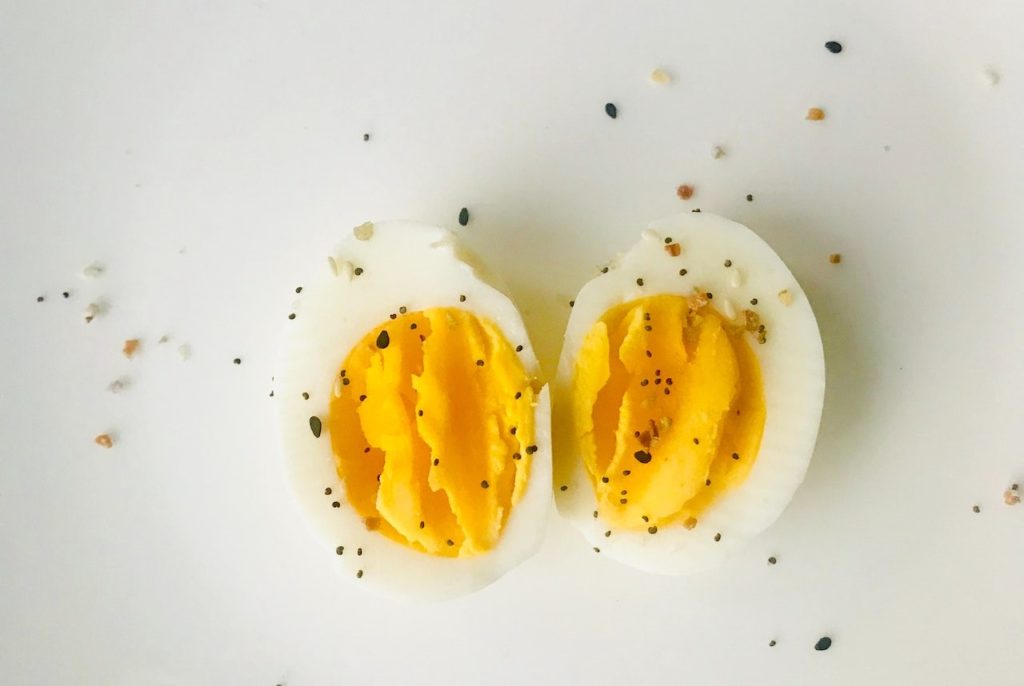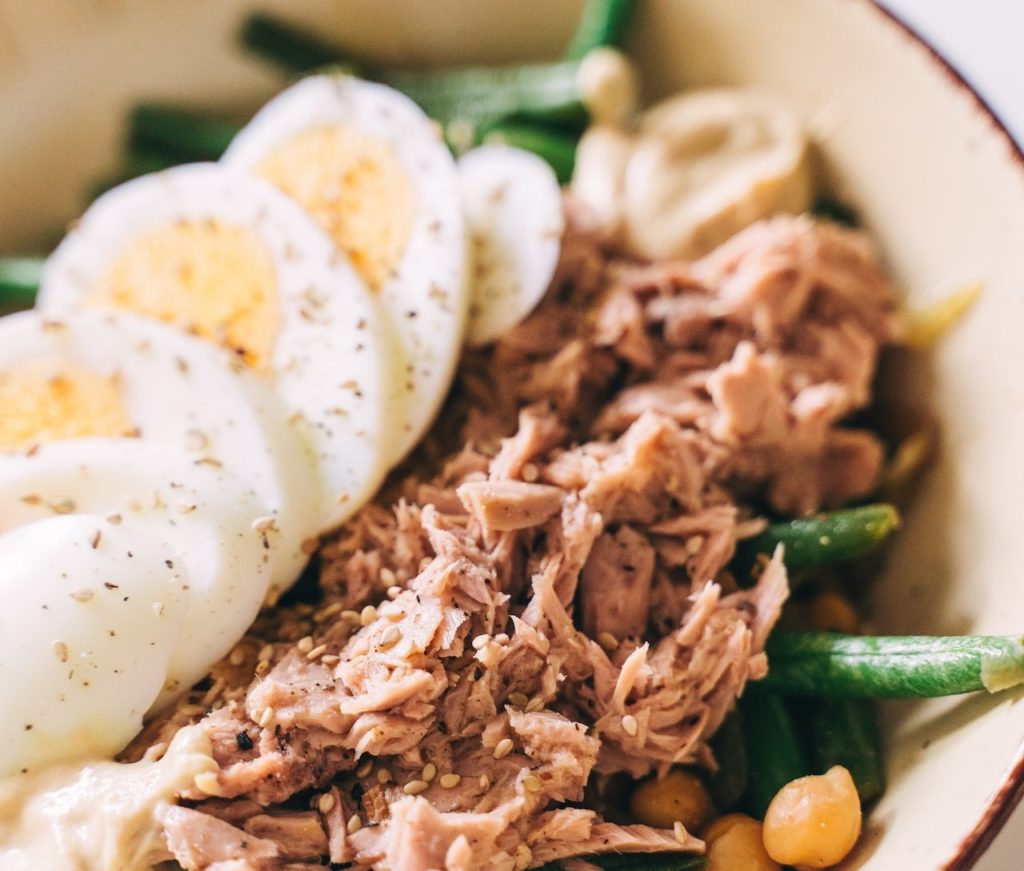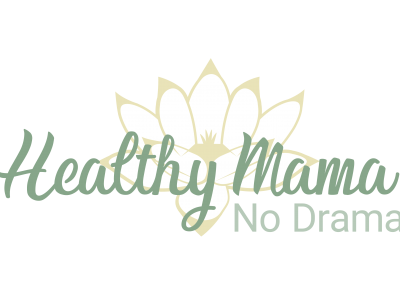Protein is a crucial nutrient for the body. It supports healthy muscles and tissue, hair, eyes, organ function, balanced hormones, etc. In fact, many hormones and enzymes in the body are primarily made up of it.
Protein is made up of amino acids. There are a total of 20 amino acids, but our bodies only produce 11 of them. The remainder must be received through diet.
Healthy protein sources
Meat, fish, eggs, and dairy products are great sources of complete protein (contain all 9 of the essential amino acids our bodies don’t make). If choosing dairy, aim for dairy from grass-fed cows. More on this below.
Other sources of protein that contain some of the essential amino acids are nuts, beans, and seeds.



How much protein do you need?
The general formula is 0.36 grams per pound of body weight. So, a 150 pound person would need around 65 grams per day to prevent deficiency.
Additional factors to consider are level of activity, age, muscle mass, overall health, and body shape goals. If you want to build muscle mass and are moderately active, you will want to increase your protein intake since muscle is primarily made up of protein. If your goal is to lose weight, you may benefit from increasing your protein to 20-30% of your total calorie intake each day. Otherwise, aim for around 0.7 – 1 gram per pound of body weight.
How to maximize protein absorption
- Choose complete protein sources – meat, fish, eggs, and dairy contain all 9 of the essential amino acids not produced naturally by our bodies. Aim for grass-fed and pasture-raised meat, poultry and eggs, and dairy from grass-fed cows. If you’re a vegetarian, you can make complete protein by combining whole grains and legumes, whole grains and nuts, legumes and seeds, vegetables and nuts, or vegetables and whole grains.
- Take digestive enzymes – to support the breaking down of the food you eat. The more your food is broken down, the better it is able to be absorbed and used by the body. With protein, the more it is absorbed, the more it will be able to help repair tissue and build muscle. My favorite digestive enzyme supplement (and the one I take every single day) is this.
- Thoroughly chew your food to support easier digestion.
- Avoid intense exercise right after a meal to allow your body to properly digest and get nutrients from the food you eat.
- Take a quality probiotic – this is my personal favorite as it’s the only probiotic I know of that is clinically proven to survive the stomach acid and actually make it to your lower intestinal tract.
- Consume your protein throughout the day versus all at once.
- Exercise regularly and include strength training. Here is a list of my favorite free online exercise videos.
- Take a quality collagen supplement – this is my absolute favorite and the best on the market in terms of quality and price. Read more info on the importance of supplementing collagen here.
- Make sure you’re getting enough zinc, magnesium, and B vitamins as they also support the absorption of protein.
- Boost your body’s production of hydrochloric acid. The easiest way to do this naturally is through foods such as onions, garlic, lemon, kale, black olives, spinach and apple cider vinegar.
Related posts:
- Anti-Inflammatory Diet One of the best ways to fight inflammation in your body does not come from a drug store. Instead, it comes from the grocery store. By simply choosing to incorporate...
- The best free at-home exercise videos Exercise is an important part of a healthy lifestyle for just about everyone. Yes, even older adults. The type of exercise you participate in is less important than just getting...
- Why Essential Oils Are…Essential If you’ve done even a small amount of researching online about natural health, chances are that you’ve come across essential oils. Their popularity is ever-growing both in the natural world...
- Collagen: everything you need to know Collagen is quickly becoming a “trendy” supplement for many reasons. But, everything you "know" about it may be wrong. Why do you need to supplement collage, and how do you...


